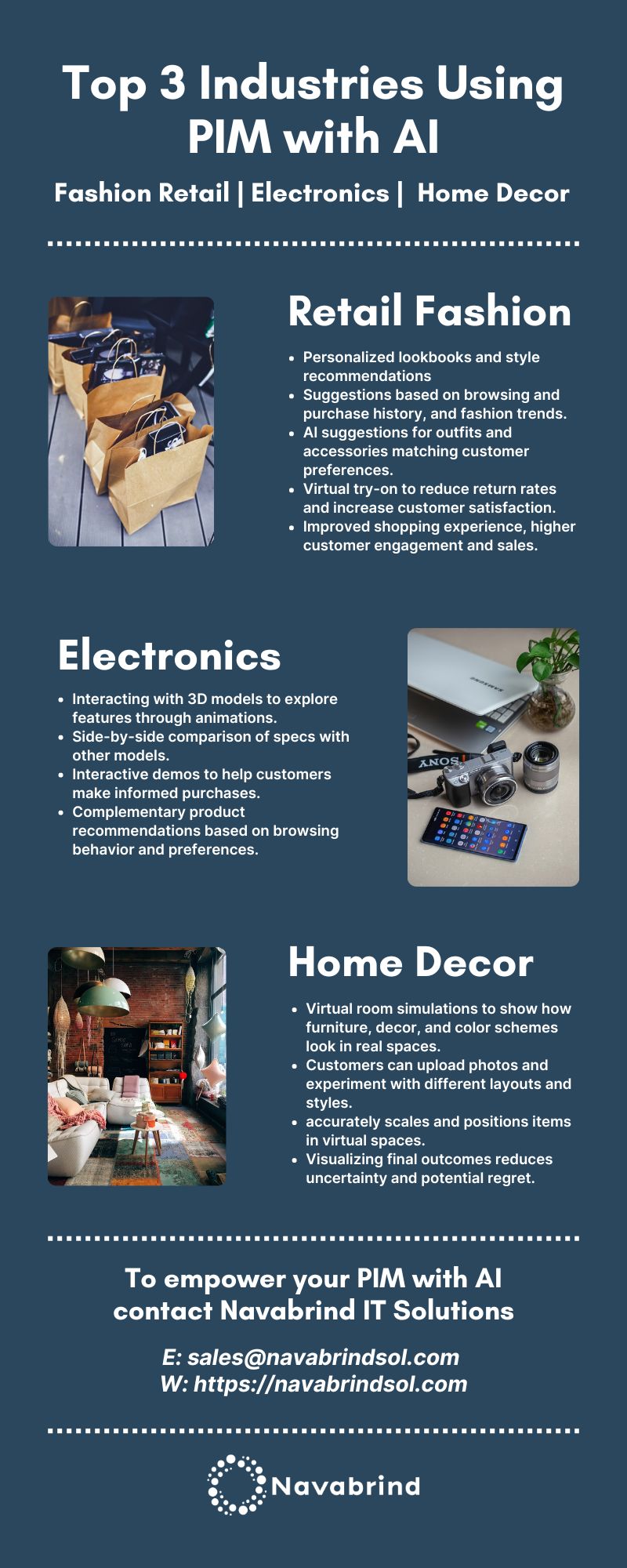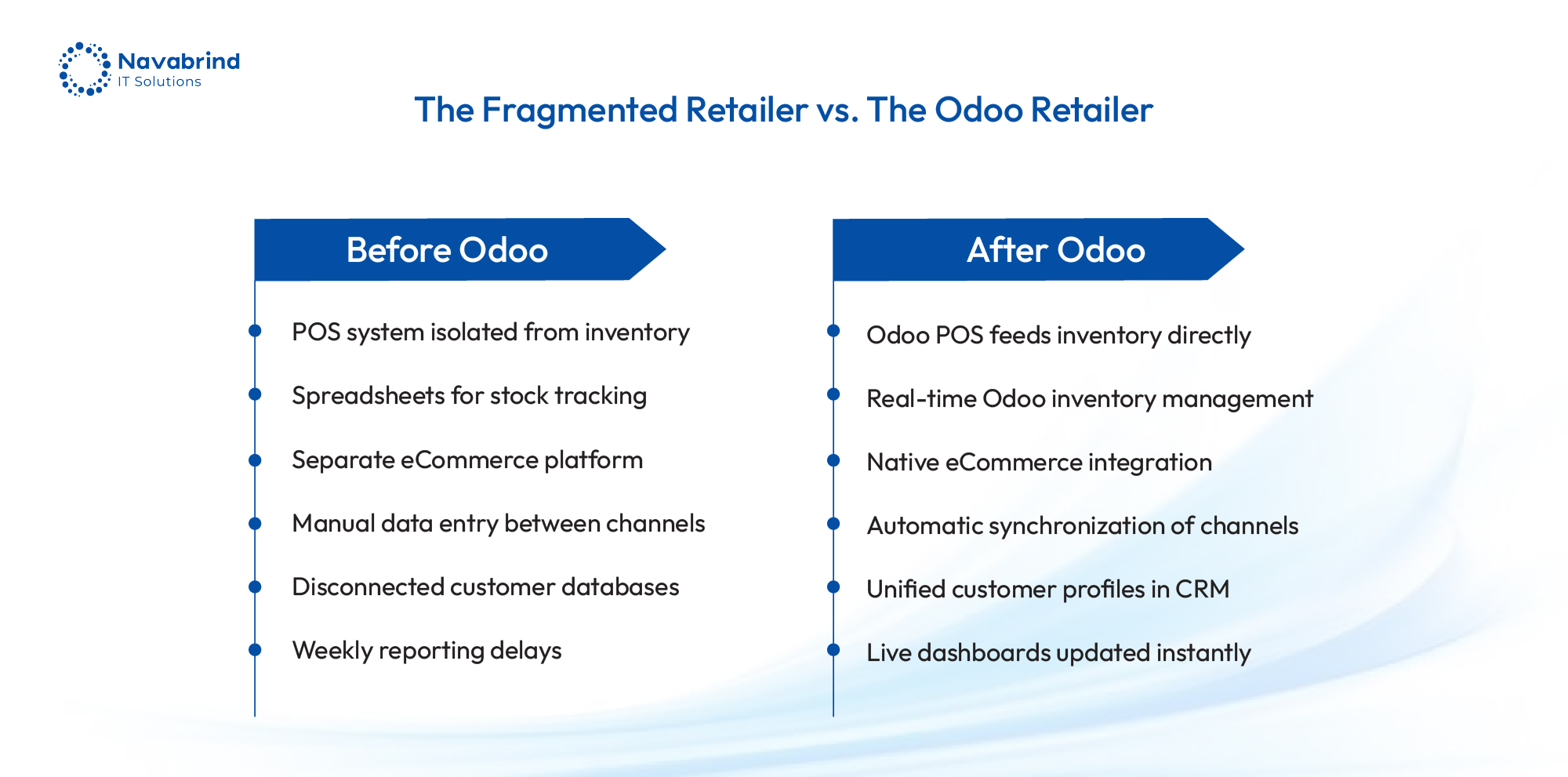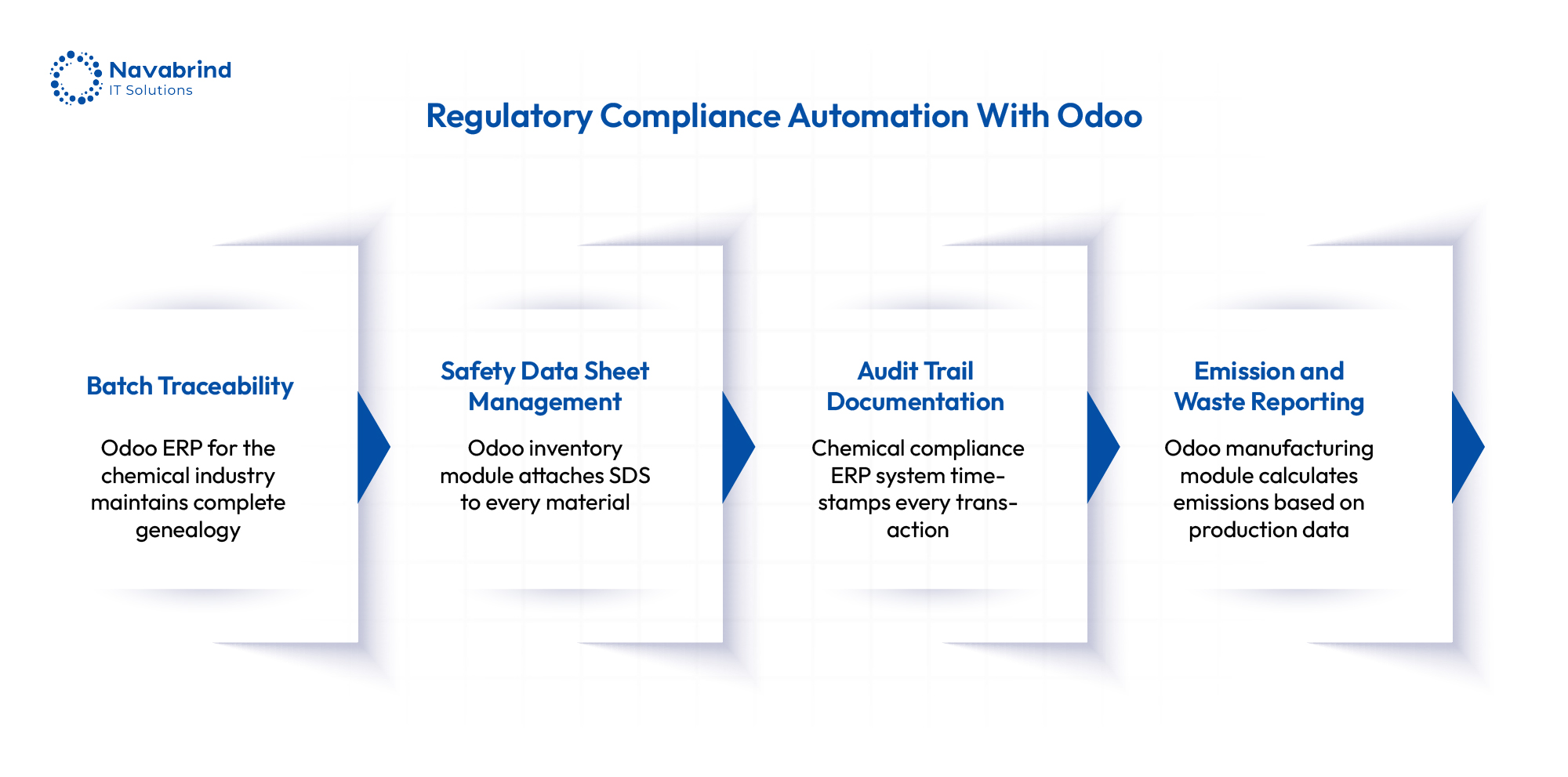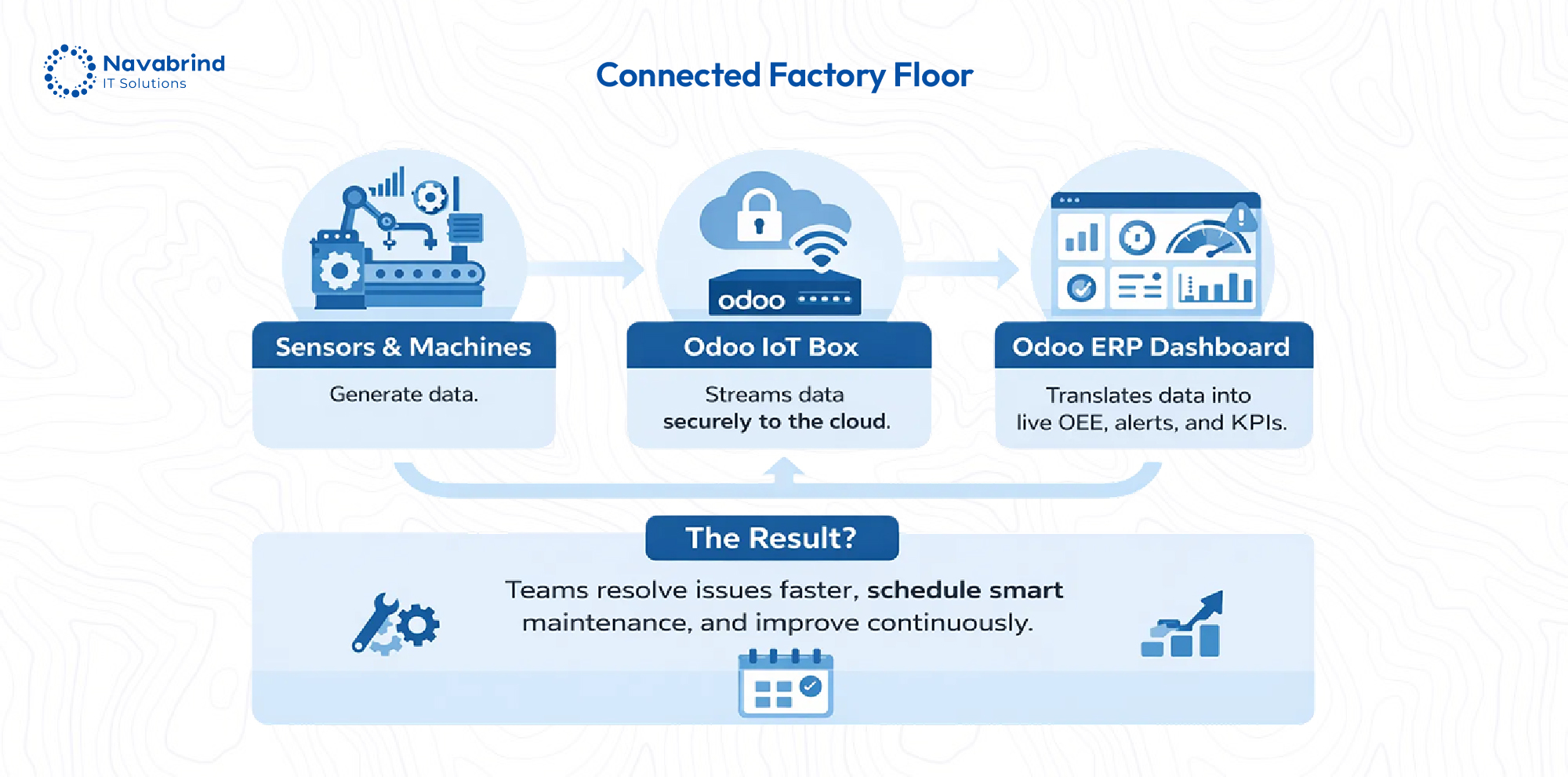Dynamic Product Presentations: The Future of PIM with Artificial Intelligence
- June 19, 2024
- Posted by: Tony
- Categories: AI, Blog, PIM
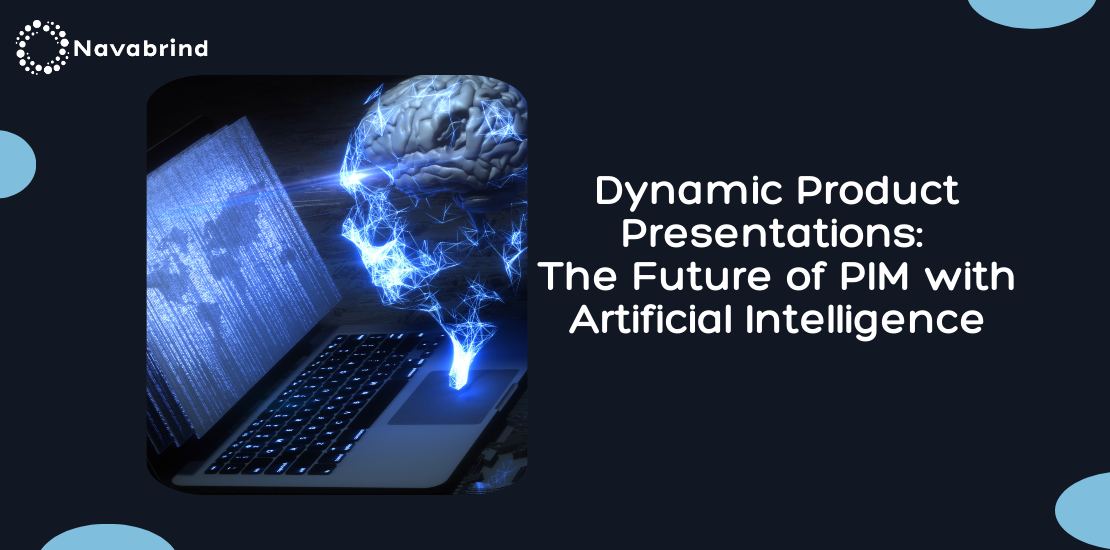
Capturing and maintaining customer attention is a challenge for every business and a Product Information Management (PIM) system has become an essential tool to ensure that accurate, consistent, and current product data reaches the customer during the limited time for which we have their attention.
A PIM is an elaborate catalog management system which provides a centralized source of truth for product information, streamlines information management and enhances customer trust. However, traditional PIM systems often struggle to keep pace with rapidly changing market trends and consumer preferences.
The integration of Artificial Intelligence (AI) with PIM represents a step forward. AI enhances the capabilities of PIM, making it adaptive and responsive to the dynamic demands of consumers. With PIM powered by AI, businesses can transform static product information into dynamic, engaging information that caters to individual customer needs and preferences. This not only improves the customer experience but also drives higher engagement and conversion rates.
AI-driven PIM solutions leverage advanced algorithms and machine learning techniques to analyze product data, automate content generation, optimize pricing strategies, and enhance visual presentation. By doing so, a PIM with AI enables businesses to deliver personalized and interactive product experiences that resonate with customers. It’s a win-win for consumers and businesses.
The Role of PIM Systems
For businesses dealing with thousands of SKUs and several varieties of each SKU, a PIM system manages and centralizes product information. A PIM ensures that data such as product description, technical and other specifications, images and marketing material, and pricing are consistent across online stores and brick-and-mortar stores. A PIM helps a business manage large volumes of product data in multiple languages, in several versions, and in various formats such as Word docs, Excel sheets, PPTs, videos, etc, efficiently. A traditional PIM system often falls short of adapting to rapidly changing market trends and consumer preferences.
This is no longer the case with artificial Intelligence. AI brings a transformative edge to a PIM system by enhancing its capabilities in several key areas:
Personalization is at the core of an AI-driven Product Information Management (PIM) system
By automating product information management with AI, a PIM solution utilizes sophisticated algorithms to craft personalized product recommendations tailored to each customer’s unique interests and needs. This personalized approach fosters deeper engagement and higher conversion rates among customers.
For instance, consider a customer browsing for sports equipment online. Through AI-driven personalization, the PIM system dynamically generates product suggestions aligned with the customer’s interests. By delivering tailored recommendations, businesses can effectively capture the attention of individual customers and guide them toward meaningful purchase decisions, thereby maximizing the impact of their product presentations.
Personalization not only enriches the customer experience, it also cultivates stronger relationships between brands and consumers. As businesses refine their approaches to dynamic product presentations, AI-driven personalization becomes a crucial tool for ensuring long-term loyalty in today’s competitive digital landscape.
AI-driven PIM is your best solution for automated content generation
With the incessant demand for high-quality, SEO-friendly product descriptions, automated content generation represents an innovative step in Product Information Management (PIM). The introduction of AI-driven Natural Language Processing (NLP) enables businesses to streamline the arduous task of crafting and updating product content. By leveraging advanced NLP algorithms, a PIM with AI can swiftly generate detailed, accurate, and contextual product descriptions, specifications, and other content elements. This alleviates the burden on the content team and ensures that the content housed within the PIM remains consistently fresh, engaging, and optimized for search engine visibility.
Automating product information management with AI empowers the business to automate content updates and revisions, companies can maintain a competitive edge by swiftly responding to new product launches, industry trends, and customer feedback. By harnessing the efficiency and precision of AI-driven NLP, digital commerce businesses cultivate a dynamic and agile approach to content management within their PIM, and foster flexibility, scalability, and relevance in their product presentations.
Dynamic pricing and promotions for scalability and flexibility
By leveraging machine learning algorithms and real-time data analysis, a PIM powered by AI can adjust prices and promotions dynamically based on demand fluctuations, competitor pricing, and customer behavior patterns. The ability to automatically optimize pricing strategies ensures that businesses can react promptly to market conditions without the need for constant manual intervention, thereby enhancing operational efficiency.
The scalability of AI-powered PIM systems with dynamic pricing and promotions is particularly beneficial for businesses managing large product catalogs. These systems can handle the complexity of pricing thousands of products across multiple channels and regions with precision. AI-driven insights can segment customers based on their purchasing habits and enable personalized promotions. This approach increases conversion rates and business growth. The AI PIM solution can seamlessly manage increased data volume and complexity without compromising on performance or accuracy.
Flexibility in a PIM powered by AI is enhanced through dynamic pricing and promotions, allowing businesses to experiment with various pricing models, promotional strategies and identify different market segments and product categories. For instance, businesses can implement time-sensitive promotions, such as flash sales or limited-time discounts, and make adjustments based on real-time sales performance and customer engagement. The AI algorithms continuously learn and adapt, improving the effectiveness of pricing and promotional strategies over time. This iterative process enables businesses to stay agile, and make data-driven decisions.
Enhanced Visual Presentations is a competitive advantage
Enhanced visual presentations represent a shift in the way products are showcased within a Product Information Management (PIM) solution. The advent of AI-powered image recognition and augmentation technologies enable digital commerce businesses to create captivating and immersive visual experiences that transcend traditional static imagery. By harnessing advanced tools, PIM systems can generate high-quality, interactive visuals that engage consumers. For instance, AI algorithms can facilitate the creation of a 360-degree product view, enabling customers to explore the product from every angle.
In a PIM powered by AI visual enhancements offer innovative features such as virtual try-ons and augmented reality experiences. AI enables customers to visualize products in their environment and provides a personalized and immersive shopping experience. Whether trying on virtual clothing or placing virtual furniture in their living room, customers can make purchase decisions with confidence.
Data Quality and Consistency for operational efficiency
Data quality and consistency are important in PIM, where minor inaccuracies can have significant repercussions. AI emerges as a powerful ally equipped with capabilities to automatically identify and rectify errors, inconsistencies, and duplications within product data. By leveraging machine learning algorithms, AI not only streamlines the process of data management but also ensures that the information maintained by the PIM system remains reliable and relevant. Over time, these algorithms learn from new data inputs, further refining their ability to enhance the overall quality and consistency of product information.
With an AI-PIM solution, digital commerce businesses can mitigate risks associated with data discrepancies and maintain a standardized and accurate repository of product information across sales channels. This optimizes internal processes in the ever-evolving landscape of digital marketing.
Several industries are already harnessing the benefits of integrating AI into their PIM solution, leading to enhanced customer experiences and operational efficiencies.
Retail Fashion
In the fashion industry, online retailers can leverage AI to revolutionize the shopping experience. An AI-driven PIM solution enables the creation of personalized lookbooks and style recommendations tailored to individual customer preferences. By analyzing data such as past purchases, browsing history, and current fashion trends, AI can help suggest outfits and accessories that match a customer’s unique style. This level of personalization not only makes the shopping experience engaging but also boosts sales by presenting customers with items they are more likely to purchase. Additionally, virtual try-on technologies powered by AI allow customers to see how clothes and accessories look on them without needing to physically try them on, this reduces return rates and increases customer satisfaction.
Electronics
The electronics sector benefits significantly from AI integration in PIM systems through enhanced product demonstrations and comparisons. AI-driven PIM solutions can generate detailed, interactive product demos that highlight features and functionalities. For example, customers shopping for a new smartphone can interact with a 3D model, explore different features through animations, and compare specs side-by-side with other models. This interactive approach helps customers make informed purchasing decisions, as they can better understand the product’s capabilities and how it meets their needs. Additionally, AI can recommend complementary products, such as accessories or compatible devices, based on the customer’s browsing behavior and preferences, further enhancing the shopping experience.
Home Decor
In the home decor industry, an AI-driven PIM solution transforms how a customer visualizes and selects products for their homes. Virtual room simulations allow a customer to see how furniture, decor items, and color schemes will look in their actual living spaces before making a purchase. By uploading photos of their rooms, a customer can experiment with different layouts, styles, and products, making it easier to make confident decisions. This immersive experience is made possible by AI technologies that accurately scale and position items within the virtual space. As a result, a customer can visualize the final outcome, and reduce the uncertainty and potential regret associated with home decor purchases. This not only enhances customer satisfaction but also drives higher sales as customers are more likely to purchase products they have virtually “tried out” in their homes.
The integration of AI with a PIM solution is leading to innovation across various industries. Fashion retail, electronics, and home decor are just a few examples of sectors reaping the benefits of AI-driven advancements in product information management.
Conclusion
Automating product information management and integrating Artificial Intelligence marks a significant shift in how businesses approach product presentations. With AI at their disposal, companies can transcend traditional static methods and embrace dynamic, personalized approaches that resonate with today’s discerning consumers. By harnessing AI algorithms to analyze vast amounts of customer data, businesses can craft tailored product presentations that cater to individual preferences and behaviors. This not only elevates the customer experience but also cultivates deeper engagement, higher conversion rates and increased sales.
As AI technology continues to evolve and mature, its role in PIM solutions will undoubtedly become indispensable. With each advancement, AI-driven PIM solutions set new benchmarks for product presentation and management in the digital age. From enhanced personalization and dynamic pricing strategies to automated content generation and visual enhancements. By staying at the forefront of AI integration, businesses can position themselves as leaders in delivering compelling product experiences that inspire their customers.
Some of the better-known AI PIM solutions are Akeneo and Pimcore. Navabrind IT Solutions recently launched its first-ever fully functional PIM solution within Odoo.
If you want to empower your digital commerce business with AI, drop Navabrind IT Solutions a note to schedule an absolutely no strings attached conversation.
Schedule a conversation with us now!
written by
Tony
Related Articles
-
Post
Odoo ERP for the Retail Industry: Driving Efficiency and Growth
Odoo ERP for the Retail Industry: Driving Efficiency and Growth February 27, 2026 Posted by: Vasanth Anantharaman Categories: Blog, Odoo for Retail industry No Comments Why the Retail Industry Runs Better on Odoo ERP Retail runs on dozens of disconnected apps. One tool for sales, another for stock, a third for loyalty. None speak to -
Post
From Formula to Forecast: Odoo’s Transformative Edge in Chemical Manufacturing
From Formula to Forecast: Odoo’s Transformative Edge in Chemical Manufacturing February 27, 2026 Posted by: Jaishree Jayabal Singh Categories: Blog, Odoo ERP for Chemical Industry No Comments Odoo ERP for Chemical Industry Solves the Disconnection Problem Chemical manufacturing operates across multiple fronts, production floors, warehouse storage, laboratory testing, and regulatory reporting. Managing these as isolated -
Post
How Odoo ERP Helps Manufacturers Track Machine Efficiency and Move Toward Industry 4.0
How Odoo ERP Helps Manufacturers Track Machine Efficiency and Move Toward Industry 4.0 February 25, 2026 Posted by: Venkadesh Nagarajan Category: Uncategorized No Comments The Shift Toward Smart Manufacturing Machine efficiency is the core of manufacturing. Without it, cost control and scalability are impossible. Industry 4.0 accelerates this, merging IoT and data analytics to drive
How can we help you?
Get in touch with a solutions consultant that can share best practices and help solve specific challenges.





